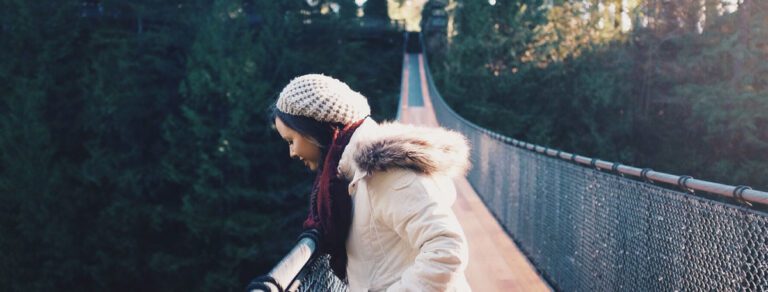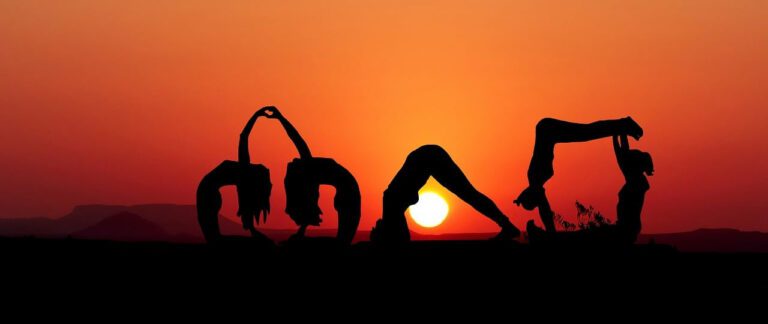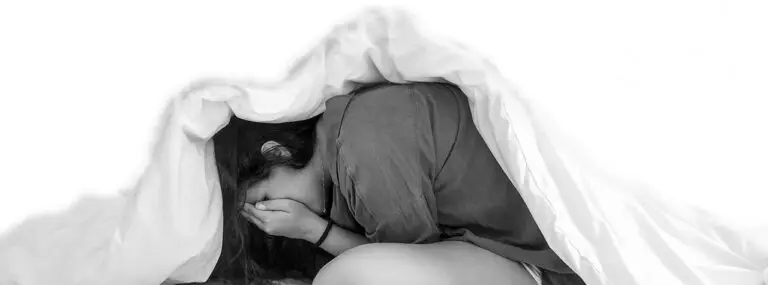Halloween is one of the most popular holidays celebrated each year in America. Over 67% of Americans participate in Halloween festivities ranging from parties to trick-or-treating. But as Christians, should we celebrate a holiday with pagan origins and associations with witchcraft?
In this blog post, I want to examine the history of Halloween and the issues surrounding celebrating it from a biblical perspective. My goal is to provide an overview for Christians to make an informed decision about whether to participate in Halloween celebrations and traditions or not.
The Pagan Origins of Halloween

The history of Halloween goes back over 2,000 years to the ancient Celtic festival of Samhain (pronounced “SAH-win or SOW-in”). The Celtic peoples lived in what is now Ireland, the United Kingdom, and northern France.
Samhain marked the end of the harvest season and the beginning of winter. The Celts believed this transition period between the seasons opened a doorway to the spirit world. They thought the ghosts of the dead returned to visit Earth on Samhain eve.
To celebrate Samhain, the Celts built huge bonfires where they burned crops and animals in sacrifice to their pagan gods. They wore costumes of animal heads and skins during divination rituals and fortune-telling.
When the Roman Empire conquered the Celtic territory, they added their own festivals near the same time. One Roman festival commemorated the gods of the dead called Feralia, and another honored Pomona, the Roman goddess of fruit and trees.
Later in the 7th century, Pope Boniface IV established All Martyr’s Day to honor dead saints and martyrs. This was later called All Hallows Day.
The origins of the word “Halloween” come from the early medieval Scottish term All-Hallows-Even, meaning the evening before All Hallows Day. The modern spelling of Halloween emerged in the 18th century.
So in summary, the origin of Halloween began over 2,000 years ago as the pagan festival Samhain celebrating the end of harvest and the onset of winter. The Celts believed spirits of the dead crossed over into the world of the living during this time.
Halloween’s Significance for Witchcraft and Satanism
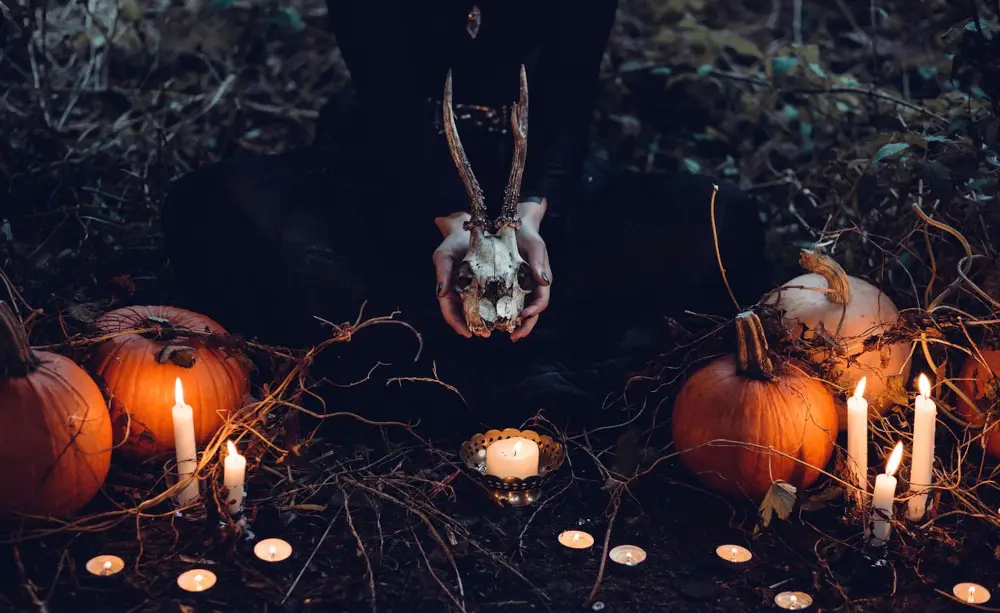
For modern-day witchcraft practitioners like Wiccans, Halloween holds deep religious meaning. It is one of their most sacred holidays tied to pagan Celtic traditions.
Wiccan holidays are called “sabbats” and Halloween is considered the most important sabbat in their Wheel of the Year. It marks the beginning of their calendar year. On this night, Wiccans believe the veil is the thinnest between the spirit world and the physical world.
For those involved in Satanism, Halloween is also one of their high unholy days. The founder of the Church of Satan, Anton LaVey, said he was glad Christian parents let their children worship the devil at least one night of the year during Halloween.
Former Satanist John Ramirez admitted Halloween was a special and dangerous night for practicing Satanists because of the demonic activities that would take place.
So while Halloween is mostly viewed as a fun holiday of costumes and candy now, we have to remember that for occult practitioners like Wiccans and Satanists, Halloween is one of their most important religious holidays and a prime time for their rituals and magic.
Attempts to Redeem Halloween Have Failed
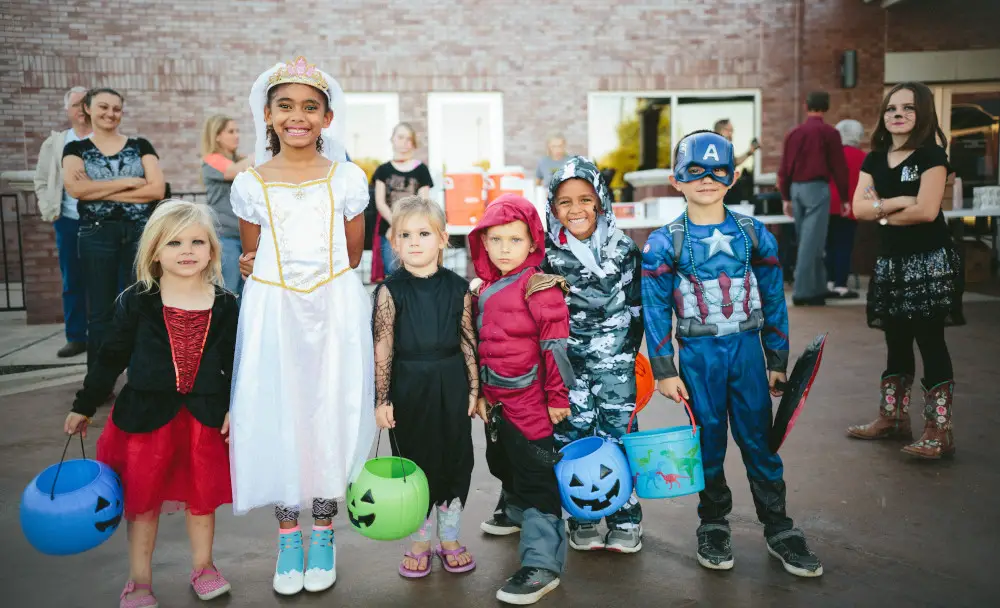
Because of Halloween’s pagan origins, the Catholic Church attempted to counter it by moving All Saints Day to November 1st so the eve would fall on October 31st. They hoped people would use it as a day to honor dead saints rather than practice witchcraft traditions.
Some churches have tried holding “trunk or treat” events on Halloween as safer family-friendly alternatives. But despite these efforts, Halloween has continued growing darker and more depraved.
According to the National Retail Federation, when the tradition began, most costumes were homemade and modeled after Bible characters or animals. Today, the most popular costume searches are witches, vampires, and evil characters.
Instead of cute homemade costumes, we also see the normalization of raunchy adult ones. There are aisles filled with scary gory decorations and props based on death and violence.
Rather than being cleansed or redeemed, the origin of Halloween customs seems to have impacted mainstream culture over time, as paganism and occult practices keep rising in popularity.
Halloween Conforms to the World’s Values, Not Christian Values
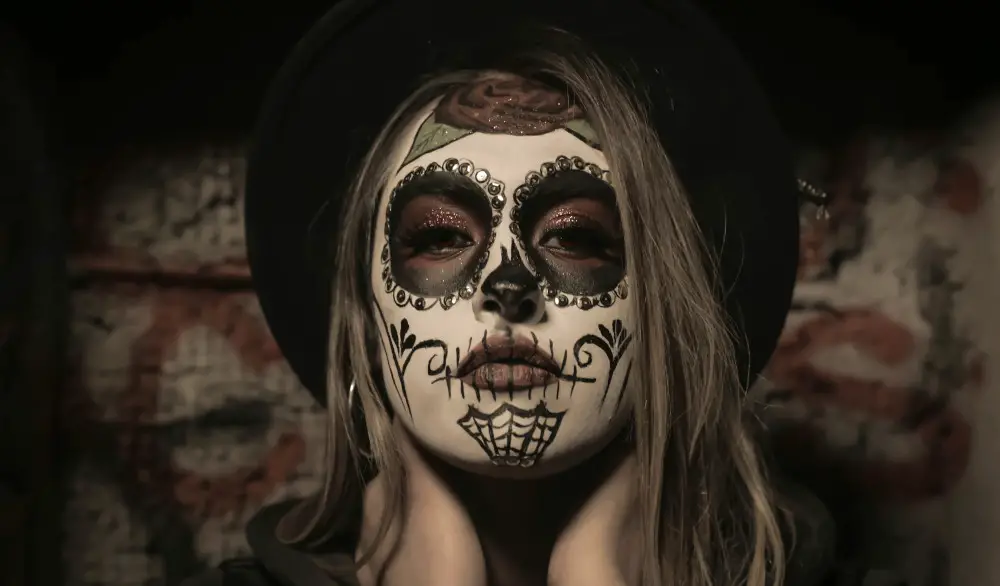
As Christians, we are called to be set apart from the world and not to conform to it (Romans 12:2 NIV).
“Do not conform to the pattern of this world, but be transformed by the renewing of your mind. Then you will be able to test and approve what God’s will is—his good, pleasing and perfect will.”
biblegateway.com
We are in the world, but not of it (John 15:19 NKJV).
“If you were of the world, the world would love its own. Yet because you are not of the world, but I chose you out of the world, therefore the world hates you.”
biblegateway.com
Halloween activities popular in our culture today, like raunchy costumes, vandalism, partying, and drunk driving are certainly not honoring God or biblical practices.
The focus on death, darkness, fear, and evil during Halloween also conflicts with our Christian values of light, hope, and life. As believers, we have power through Christ over sin, death, and darkness.
So when we dress up our kids as ghosts, vampires, skeletons, and demons, are we aligning ourselves with the world or with our faith? Are we being set apart or blending in?
Rather than compromise, we can choose not to celebrate Halloween while still showing God’s love to our neighbors. We don’t have to copy the world to have fun or engage our community.
Participating in Halloween is Having Fellowship with Darkness
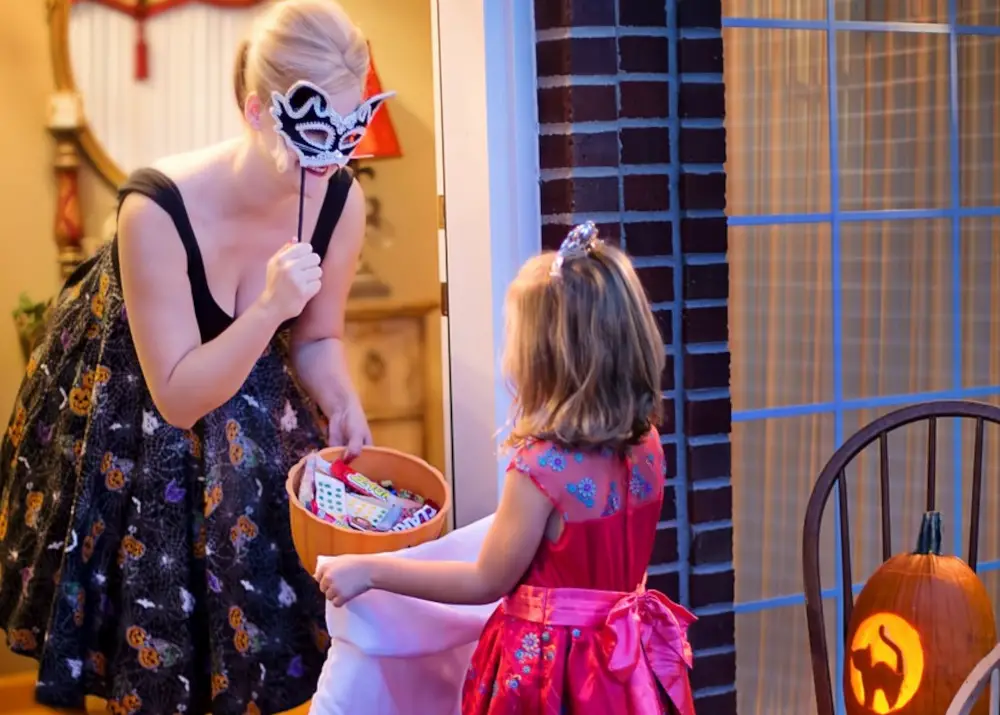
The Bible tells us clearly as Christians, to avoid participation in works of darkness but rather expose them.
Ephesians 5:11 NIV says,
“Have nothing to do with the fruitless deeds of darkness, but rather expose them.”
biblegateway.com
1 Corinthians 10:21 (NIV) warns,
“You cannot drink the cup of the Lord and the cup of demons too; you cannot have a part in both the Lord’s table and the table of demons.”
biblegateway.com
When you look at Halloween decorations, costumes, activities, and focus on death, there seems to be very little correlation with godly living and producing the fruit of the Spirit.
Rather than contributing to the celebration of darkness in the world, Christians are called to be light. It’s hard to rationalize how dressing up as vampires and demons exemplifies Christ.
Halloween Activities Do Not Honor God
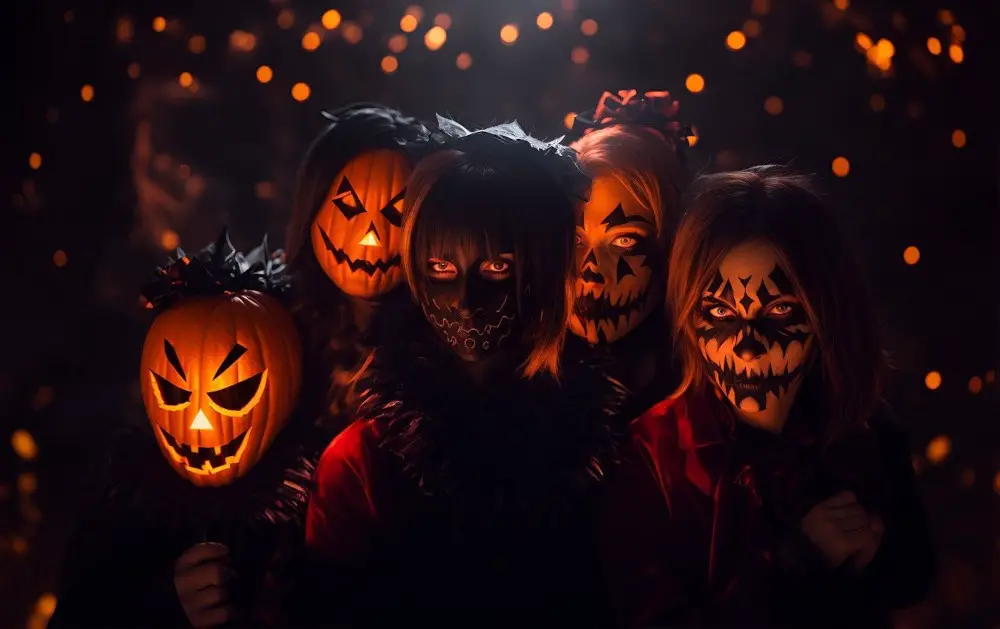
Aside from occult ties, there are other issues around Halloween that go against Christian values of modesty and sobriety.
For example, Halloween costumes have become increasingly provocative, with the “sexy” being a common theme. Yet as believers, we are called to dress modestly and avoid causing someone else to stumble through immodest clothing.
The partying culture around Halloween tends to promote drunkenness, lewdness, and reckless behavior which also conflict with biblical principles of sobriety, purity, and wisdom.
We can also consider whether pretending to be someone else aligns with living honestly before God. Masquerading as another character can confuse our identity that God created and redeemed.
While there may be some innocent fun, the majority of Halloween activities seem to honor the flesh more than the Spirit. It is hard to justify how dressing up as a “sexy cat”, a real witch, or a serial killer glorifies God.
Halloween Sees Dangerous Spikes in Criminal Activity
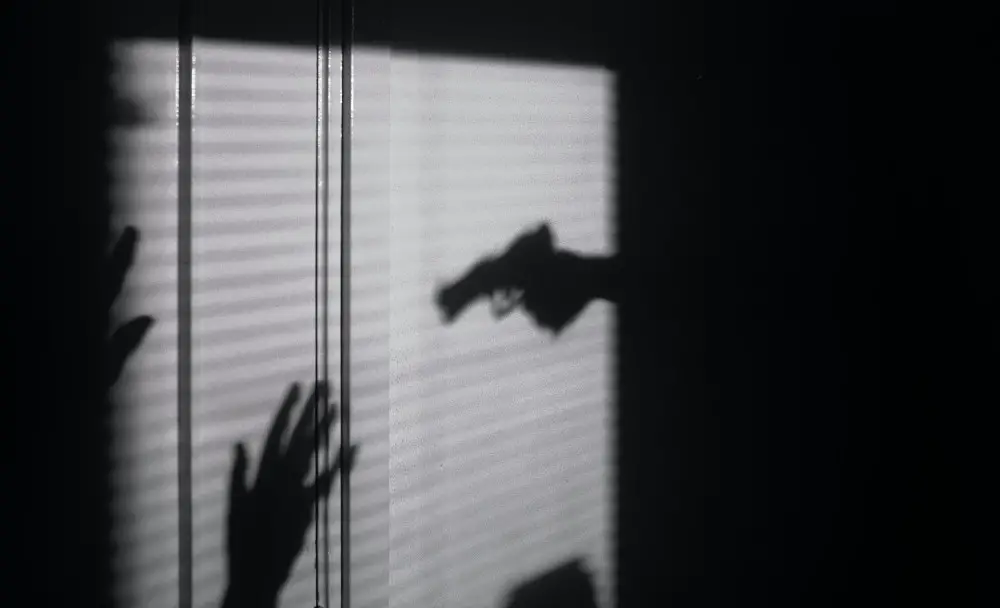
While kids look forward to all the free candy from trick-or-treating on Halloween, it is concerning that the day sees dramatic surges in crime and violence as well.
According to the Insurance Information Institute, crime rates increase 24% on Halloween day compared to other days throughout the year.
Experts estimate vandalism doubles and there is a 50% increase in violent, destructive crimes. There are many casualties from drunk drivers and pedestrians being hit while trick-or-treating.
The high rates of crime, accidents, injuries, and abuse around Halloween seem contrary to the “love your neighbor” values Jesus taught. We must consider whether it’s beneficial for society to celebrate a holiday that correlates with a spike in crime and violence.
Key Takeaways: Should Christians Celebrate Halloween?
- The origin of Halloween was a pagan Celtic festival called Samhain that worshipped the dead.
- Halloween holds deep spiritual significance for those involved in witchcraft and Satanism. It is their highest holy day.
- Despite some attempts to “redeem” it, Halloween has gotten darker and more depraved, not better over time.
- Halloween promotes values of darkness, death, drunkenness, violence, immodesty, and deception which all conflict with Christian values.
- The Bible warns against having fellowship with the unfruitful works of darkness (Ephesians 5:11).
- Halloween activities like provocative costumes, pretending to be someone else, and parties often dishonor God.
- There are surges in crime rates including theft, vandalism, assaults, and drunk driving each year on Halloween.
In summary, while the Bible doesn’t specifically prohibit the celebration of Halloween, prayerful consideration of its history, values, and fruit suggests it is not a holiday Christians should endorse or participate in.
Rather than compromise or conform, believers can counter Halloween’s darkness with light by sharing God’s love through service, hospitality, and outreach. We can still engage our community with wisdom, being in the world but not of it.
Ultimately it’s a matter of conscience before God and acting in faith according to what you believe honors Him. But Christians should be aware of the occult roots and not turn a blind eye.
Frequently Asked Questions
Q. Should churches host Halloween alternatives like “trunk or treat”?
A. This is a controversial issue that divides believers. One perspective is to provide safe Christian alternatives as outreach. The other view believes we should avoid any perceived endorsement or blending in. Churches should pray and be led by the Spirit according to their conscience.
Q. What if my kids feel left out from not celebrating Halloween?
A. As parents, we have to regularly set boundaries to protect our kids from worldly influences. We aren’t responsible for them “fitting in” but for training them in godliness. There are plenty of ways to have fun and get candy without celebrating Halloween!
Q. Can’t we just participate in the fun parts without honoring the occult aspects?
A. While it may seem harmless on the surface, we have to look at the roots, history, and trajectory of Halloween. Despite Christian efforts, it has become increasingly depraved and paganized over time rather than redeemed.
Q. Doesn’t celebrating Halloween violate the separation of church and state since it has pagan religious origins?
A. This position has been argued before by those opposed to Halloween in public settings. However, the Supreme Court ruled that Halloween’s origins are not religious enough to qualify for protection or restrictions. They view it as a secular consumer holiday now.
Q. What’s the big deal about dressing up in costumes?
A. More than just innocent dress-up, Halloween masks and costumes are historically linked to occult religious practices and represent demonic characters. The emphasis on becoming someone/something else conflicts with living as our true selves in Christ.
As we prayerfully weigh Halloween in light of God’s Word rather than just cultural tradition, I hope these insights provide some helpful perspective. Let us walk in wisdom and focus on bringing God’s Kingdom values to Earth! What do you think?

